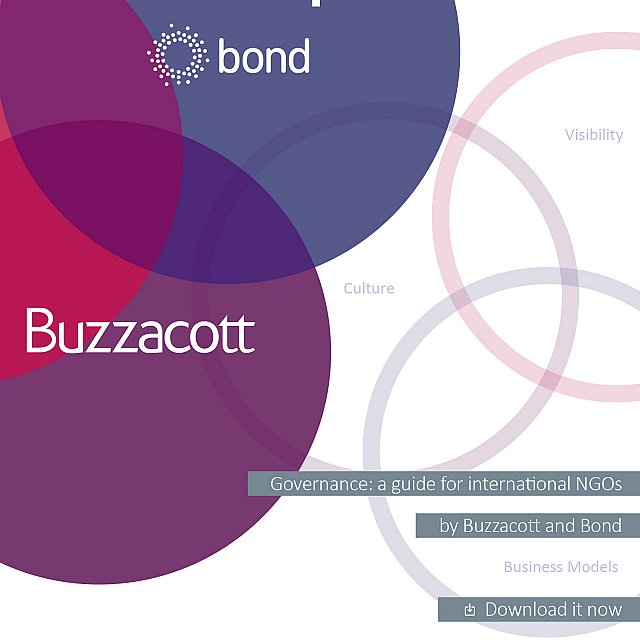



The panellists agreed that the trustee role in international NGOs is changing and that this change has escalated in recent years with the COVID-19 pandemic, the murder of George Floyd (which underlined the need to look at the culture, equity and diversity of organisations) and the decentralisation of the sector gathering momentum. Trustees are dealing with an increasingly complex set of issues while also having a limit to the time they can dedicate to the role. An added challenge is that the role of the trustee can sometimes overlap with that of the executive, which can lead to a natural tension between the two.
The open session concluded with a brief discussion on the challenges for trustees. One of the responses that resonated with many in the room was how to effectively build relationships with their fellow trustees, especially given that Board meetings are online and trustees are based around the world. Team building and nurturing mutual support were considered vital factors. There was a suggestion that an annual in-person residential could help trustees to build relationships and mutual trust and foster a working culture where you can disagree and still work together in a crisis to support the organisation.
Given the current challenges for the sector and international NGOs specifically, why would anyone want to be a trustee? It is said that times of crisis and challenge often lead to opportunities and growth. INGOs are in a process of systemic change that is unstoppable, and being on an INGO board at this time is a unique and fascinating opportunity. Re-strategizing, reimagining, refinancing and restructuring are some likely scenarios most INGOs will need to address. Given the radical change required, some would argue that there’s never been a more exciting and important time to be on the board of an international NGO.